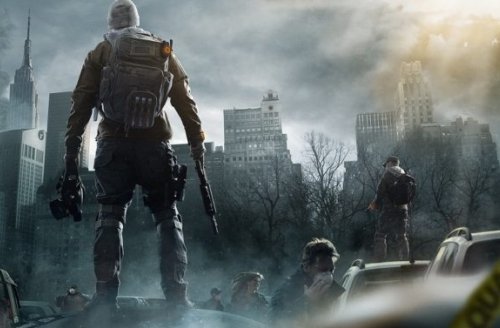
It’s hard to believe that only mere months have passed since Ubisoft staved off a hostile takeover from Vivendi. From the public’s perspective at least, things are progressing nicely for the French publisher. Their recent E3 showing successfully positions the company to continue building momentum. Assassin’s Creed Odyssey,…





